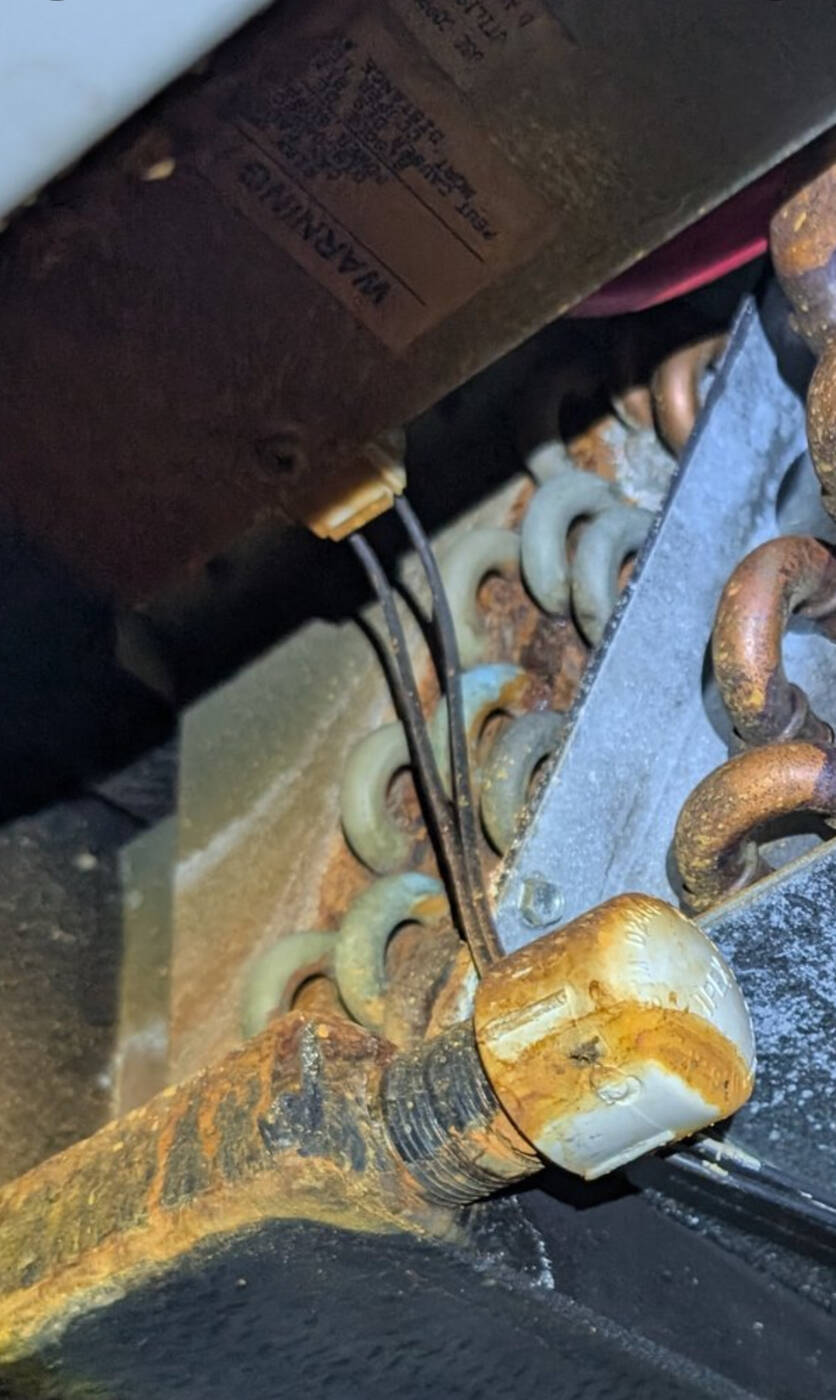Tenant calls out Manitoba housing
Advertisement
Read this article for free:
or
Already have an account? Log in here »
We need your support!
Local journalism needs your support!
As we navigate through unprecedented times, our journalists are working harder than ever to bring you the latest local updates to keep you safe and informed.
Now, more than ever, we need your support.
Starting at $15.99 plus taxes every four weeks you can access your Brandon Sun online and full access to all content as it appears on our website.
Subscribe Nowor call circulation directly at (204) 727-0527.
Your pledge helps to ensure we provide the news that matters most to your community!
To continue reading, please subscribe:
Add Brandon Sun access to your Winnipeg Free Press subscription for only
$1 for the first 4 weeks*
*$1 will be added to your next bill. After your 4 weeks access is complete your rate will increase by $4.99 a X percent off the regular rate.
Read unlimited articles for free today:
or
Already have an account? Log in here »
A Gimli-area tenant says his personal struggles with unsafe housing conditions reveal deeper flaws in Manitoba’s rental system, pointing to weak oversight, regulatory loopholes and what he calls “profit farming” by landlords.
For more than six years, the Gimli resident, who wished to remain anonymous, has lived in an apartment where he says the HVAC system is unsafe and the air quality is deteriorating his health. He points to full-body screws sticking into the ductwork, against code requirements, and structural vibrations, drafts in interior walls that pose a fire risk and an air conditioning unit too small to cool his 800-square-foot suite.
“This suite should never have been rented out,” he said. “The HVAC alone makes it not to code. If that’s what’s visible, I can only wonder what else is being hidden.”

He claims Manitoba Health even photographed his HVAC system but failed to test the air or follow up on the potential risks. “The fact that they documented the problem and then walked away only raises more questions about oversight,” he said.
Beyond his own situation, he argues the real issue lies in Manitoba’s rental framework, which he says benefits developers at the expense of tenants. Under current rules, units first occupied after March 7, 2005, are exempt from annual rent increase guidelines for 20 years. Combined with the Residential Tenancies Branch’s (RTB) ability to approve some“above-guideline increase” (AGI) applications, he says this creates a system where landlords can steadily raise rents while doing little to maintain buildings.
“Developers build these buildings, do the bare minimum maintenance, then profit-farm Manitobans by jacking rents,” he said. “Once the 20 years are up, they’ll just knock the building down and start again.”
According to government data, the RTB approved 92 percent of AGI applications in 2022, with average rent hikes nearing 9.8 percent, far above the 1.7 percent guideline for 2025. In some cases, he notes, tenants have faced increases of up to 126 percent.
His own rent has climbed by more than $500 in just three years, he said, forcing tenants like him to choose between essentials such as food and medication or paying inflated rents.
Alongside rising costs, He describes a string of health issues he links to poor air quality in his suite: chronic breathing problems, insomnia, fatigue, and persistent nasal irritation. “My AC runs 24/7 and the unit still only cools about two degrees below outside,” he said. “Inside, it can hit 28 degrees. It’s thick air, high moisture, the perfect breeding ground for mould and bacteria.”
He says property management replaced filters after his complaints, a sign they were aware of contamination, but never repaired the underlying system.
He has raised his concerns with Premier Wab Kinew and Minister of Public Service Delivery Mintu Sandhu, demanding reforms such as reducing the new-building exemption from 20 years to five, capping AGI limits, and restoring rents to previous levels once costs are recovered.
In response, Deputy Minister Brenda DeSerranno wrote that affordability is a priority for the provincial government, pointing to a full review of the Residential Tenancies Act (RTA) and recent amendments passed in June 2025 to enhance tenant protections. She emphasized that tenants can appeal RTB orders and request inspections when landlords fail to make repairs.
But he says the government’s reply doesn’t go far enough. In a follow-up letter, he accused officials of prioritizing developer profits over tenants and called for greater transparency, including disclosure of any government or ministerial investments in housing projects.
“The current framework allows landlords to exploit tenants through unchecked rent hikes, while the government’s response fails to address the root issue,” he said. “Until loopholes are closed, Manitobans will continue to pay the price.”
» Winnipeg Sun
